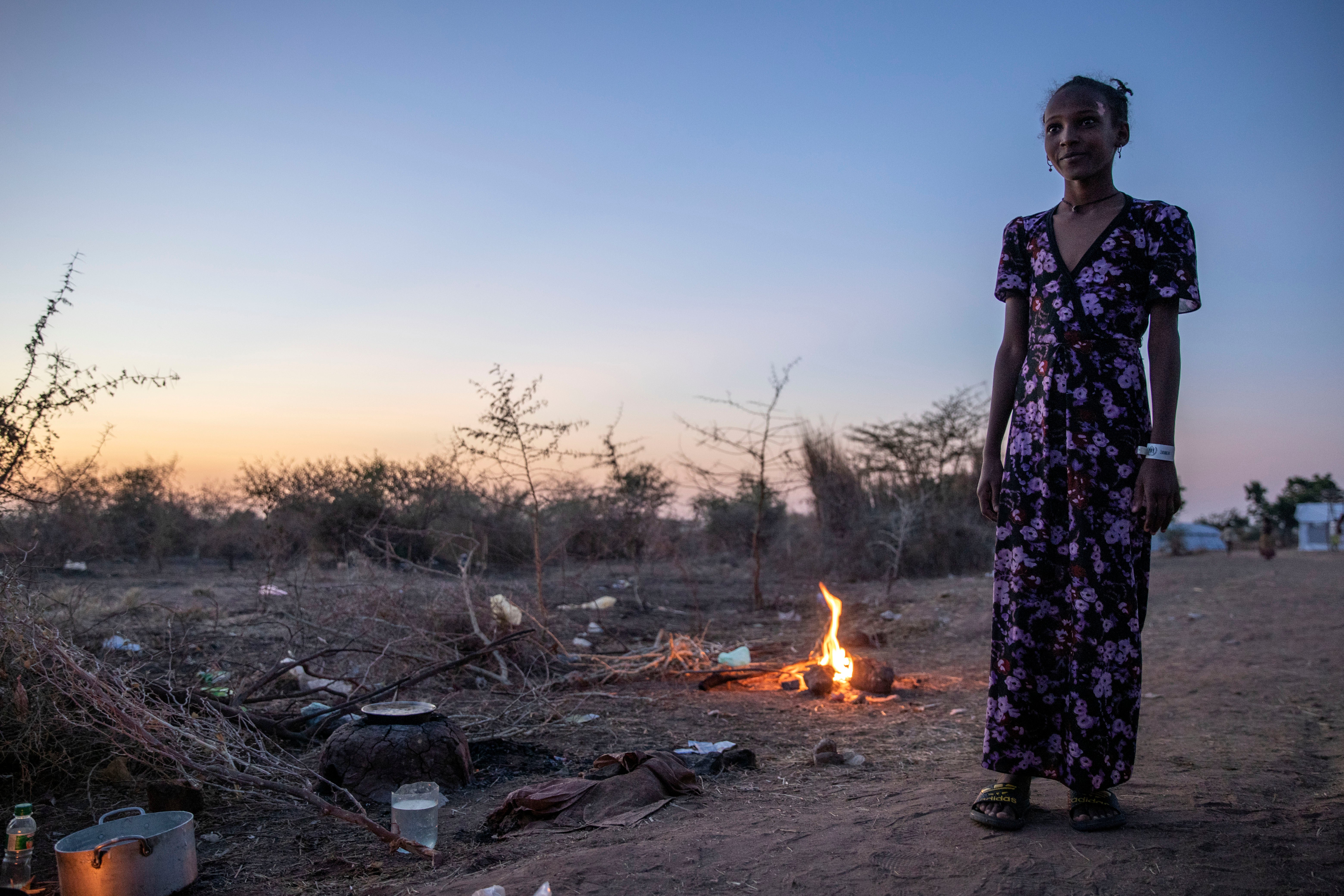UN warns of 'very critical' shortages in Ethiopia's Tigray
The United Nations says shortages have become very critical in Ethiopia’s embattled Tigray region as its population of 6 million remains sealed off and its capital is under threat of attack by Ethiopian forces seeking to arrest the regional leaders

Your support helps us to tell the story
From reproductive rights to climate change to Big Tech, The Independent is on the ground when the story is developing. Whether it's investigating the financials of Elon Musk's pro-Trump PAC or producing our latest documentary, 'The A Word', which shines a light on the American women fighting for reproductive rights, we know how important it is to parse out the facts from the messaging.
At such a critical moment in US history, we need reporters on the ground. Your donation allows us to keep sending journalists to speak to both sides of the story.
The Independent is trusted by Americans across the entire political spectrum. And unlike many other quality news outlets, we choose not to lock Americans out of our reporting and analysis with paywalls. We believe quality journalism should be available to everyone, paid for by those who can afford it.
Your support makes all the difference.The United Nations says shortages have become “very critical” in Ethiopia’s embattled Tigray region as its population of 6 million remains sealed off and its capital is under threat of attack by Ethiopian forces seeking to arrest the regional leaders
Fuel and cash are running out, more than 1 million people are now displaced and food for nearly 100,000 refugees from Eritrea will be gone in a week, according to a new report released overnight. And more than 600,000 people who rely on monthly food rations haven’t received them this month.
Travel blockages are so dire that even within the Tigray capital, Mekele, the U.N. World Food Program cannot obtain access to transport food from its warehouses there.
Communications and travel links remain severed with the Tigray region since the deadly conflict broke out on Nov. 4, and now Human Rights Watch is warning that “actions that deliberately impede relief supplies” violate international humanitarian law.